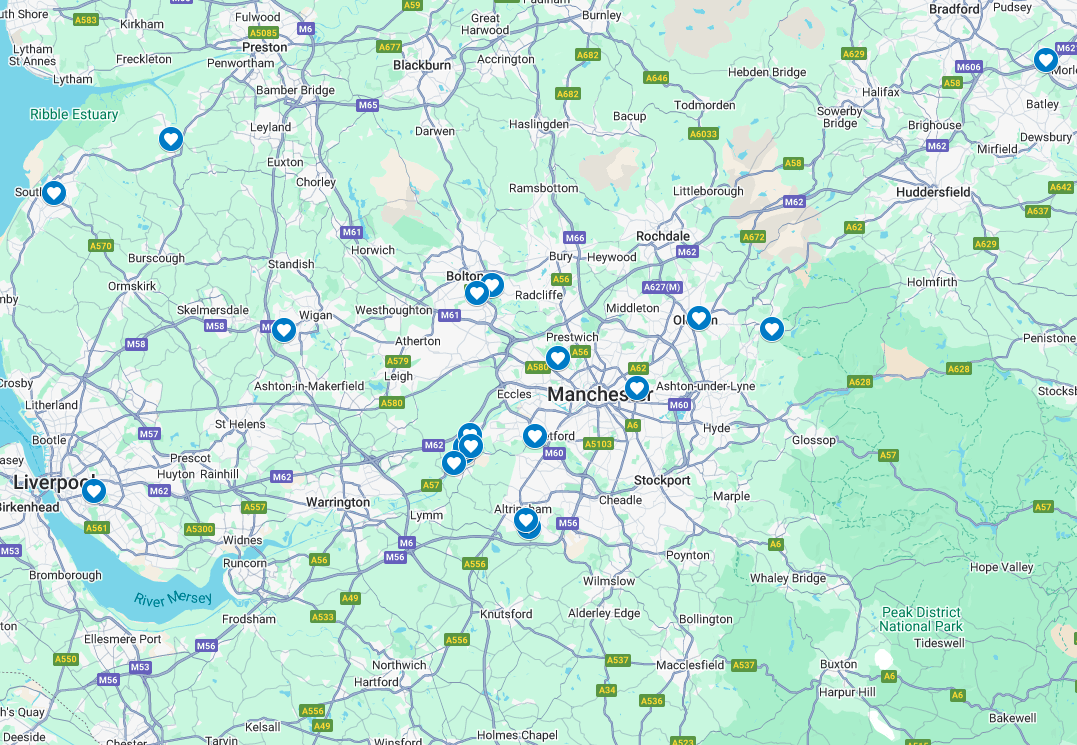Do You Know Your Pulse?

As the world's population ages and medical advances enable survival from previously life-threatening conditions, the prevalence of arrhythmias, including Atrial Fibrillation (AF) is rising.
The Arrhythmia Alliance's Know Your Pulse campaign aims to educate people about their pulse so they can detect any irregularity and seek medical attention.
Why Should you Know Your Pulse?
More than 3 million British people suffer from arrhythmias. Heart rhythm disorders are Britain's biggest killer.
Arrhythmias cause at least 100,000 sudden cardiac deaths every year in the UK. This equals over 250 a day which is more deaths than breast cancer, lung cancer and AIDS combined.
The most common arrhythmia is Atrial Fibrillation (AF). AF is responsible for 12,000 debilitating and fatal AF-related strokes every year, in the UK. Prevention measures, including prescribed therapy and diagnosis, could significantly decrease this number.
120,000 people experience unexplained loss of consciousness every year. This is a common sign of a heart rhythm disorder that requires medical attention. 39% of children and 30% of adults with an epilepsy diagnosis are misdiagnosed. Many have an underlying, potentially fatal arrhythmia.
Currently, there is no national programme of pulse checks or heart rhythm screening. Knowing your pulse could go as far as to save your life.
How can you Know Your Pulse?
The easiest way to detect an arrhythmia is to feel your pulse to feel your heart rhythm. Through this, you can detect whether your heart is beating too fast, too slow or unevenly.
To take your pulse, place your index and middle finger on your wrist between the bone and tendon over your radial artery. Once you feel your pulse, count the number of beats in 15 seconds and multiply the result by 4. This will indicate your beats per minute.
A normal resting heart rate for adults ranges between 60 to 100 beats per minute. A lower resting heart rate usually implies a more efficient heart function and better cardiovascular fitness. Athletes are known for having lower heart rates, some going as low as 40 beats per minute.
Whilst there's a wide range of 'normal', detecting an unusually high or low heart rate may indicate an underlying problem.
Know Your Pulse
Routine pulse checks within the NHS could help save thousands of lives, every year. There are a variety of ways you can get involved with the Know Your Pulse campaign. Learn how to take your pulse and help save lives.
defibshop are committed to equipping everyone with the skills and knowledge to save a life. Speak to one of our Product Specialists on 0161 776 7422 or fill out our Contact Form.












